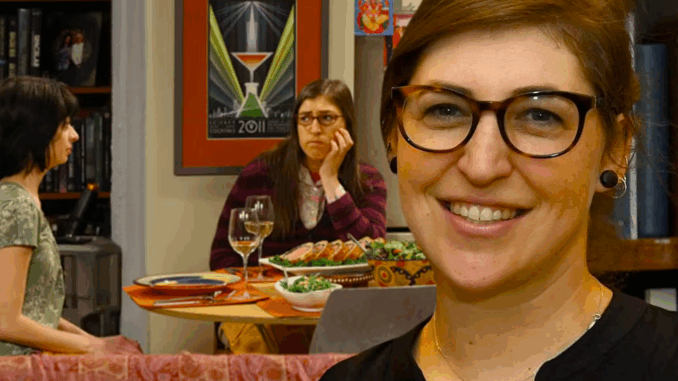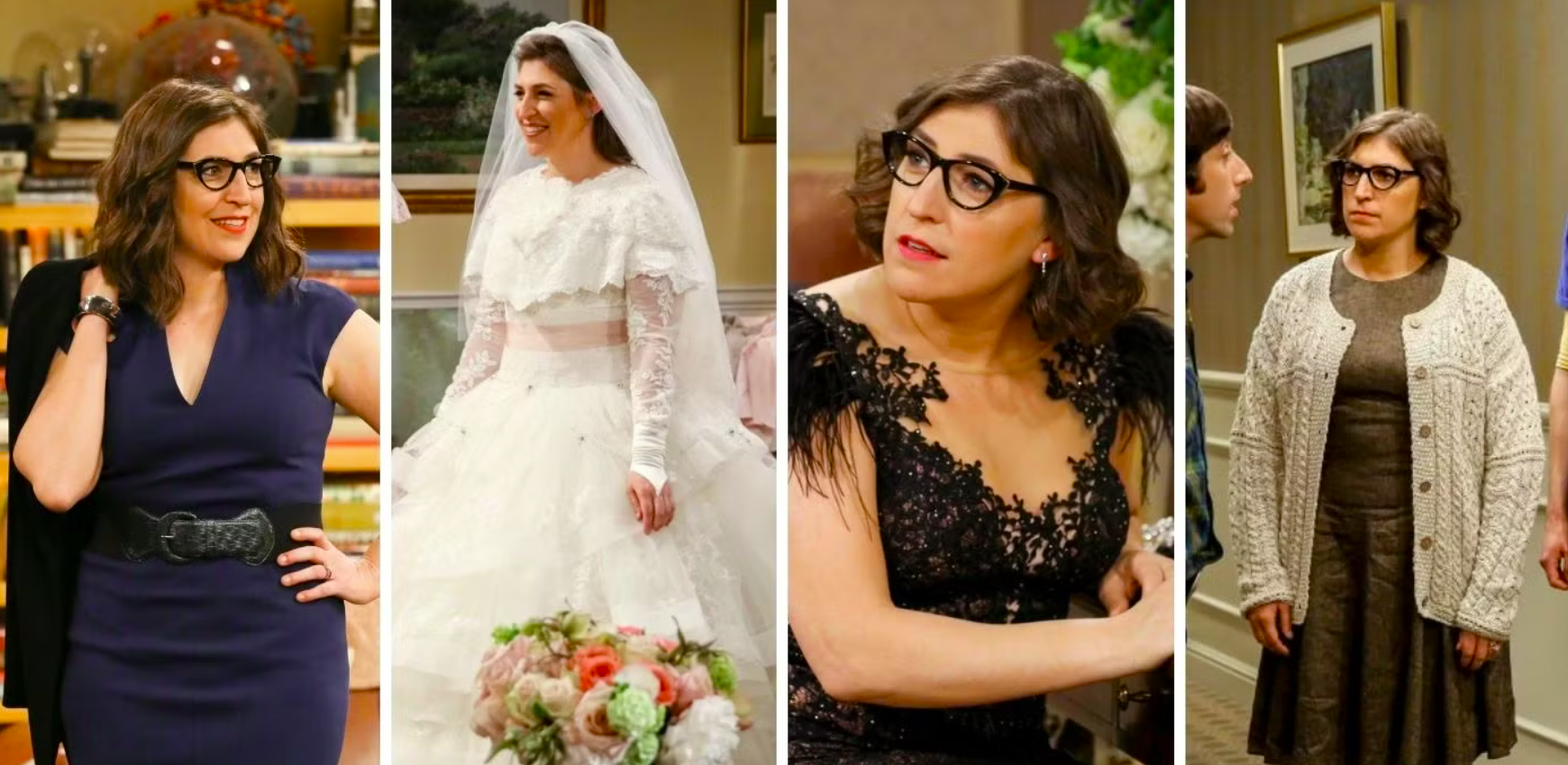
The Introduction That Changed Everything
When Amy Farrah Fowler first appeared at the end of The Big Bang Theory Season 3, few expected her to become one of the series’ most beloved characters. She was introduced as a quirky, socially awkward neurobiologist who was, in many ways, a mirror of Sheldon Cooper. Their meeting was orchestrated by Raj and Howard as part of a dating experiment—with no real expectation of long-term development.
At first glance, Amy felt like a one-dimensional extension of Sheldon: emotionless, overly analytical, and socially unaware. But over the next nine seasons, Amy slowly broke free from that mold. She evolved from a background character into one of the show’s emotional anchors—proving that brilliance, vulnerability, and a little harp-playing awkwardness can be endearing, even iconic.
The Power of Slow Character Development
Unlike other sitcoms that rely on instant transformations or dramatic overhauls, The Big Bang Theory allowed Amy to grow at a realistic pace. The show didn’t rush her evolution from Sheldon’s “friend who is a girl” to his girlfriend and eventual fiancée. Instead, it gave her time to develop emotionally, professionally, and socially.
As Amy formed deeper connections with the group—particularly with Penny and Bernadette—her layers were gradually revealed. She wasn’t just a socially stunted genius; she was curious about human interaction, desperate for meaningful friendships, and eager to understand the world outside her academic bubble.
Rewriting the ‘Girl Geek’ Narrative
Before Amy, the “geek girl” trope in television was often reduced to stereotypes: the hot nerd, the shy genius, or the comic book-loving tomboy. Amy was none of those. She was intelligent, awkward, unapologetically herself, and uninterested in superficial charm.
What made her stand out wasn’t her attempt to fit in, but her refusal to change herself to be more palatable. Over time, she did become more socially adept—but it was always on her own terms. She wore modest cardigans, played the harp, and considered attending biology conferences romantic. In doing so, Amy represented a different kind of female empowerment—one rooted in authenticity rather than transformation.
Friendship as a Form of Transformation

Amy’s growing friendship with Penny was one of the most emotionally satisfying arcs in the show. At first, Penny was Amy’s idol—someone glamorous and effortlessly cool. But as their relationship deepened, it became mutual. Penny learned to value Amy’s intellect and loyalty, while Amy gained confidence and a sense of belonging.
Their dynamic offered a powerful message: true friendship isn’t about having similar interests or appearances; it’s about mutual respect, trust, and growth. Through Penny and Bernadette, Amy discovered how to navigate social spaces and how to celebrate her own uniqueness rather than hide it.
The Love Story That Broke the Mold
Sheldon and Amy’s relationship defied sitcom norms. It wasn’t based on physical attraction, traditional chemistry, or even emotional expressiveness. It was built on shared intellect, patience, and gradual emotional discovery. That’s what made it revolutionary.
Their slow-burn romance tested viewers’ expectations, but it also rewarded them with some of the most touching moments in the series—like the first time Sheldon held Amy’s hand, their emotional breakup in Season 8, and their eventual reconciliation in one of the most tenderly written episodes of the series.
Why Amy Was Necessary for Sheldon’s Growth
For years, Sheldon was the show’s most rigid and emotionally unavailable character. Amy didn’t “fix” him—but she challenged him. She created a safe space where he could begin to understand emotion, intimacy, and compromise. Her influence didn’t strip Sheldon of his uniqueness; it helped him become more whole.
Amy also brought out something rare in Sheldon: vulnerability. When he opened up to her about his fears, his love for science, and his struggle with change, it felt honest. And when he shared his Nobel Prize with her in the final season, it became one of the show’s most powerful, full-circle moments.
A Nerd Icon, Redefined
Amy Farrah Fowler began as a side character—a plot device to mirror Sheldon. But she grew into something more: a fully realized character who stood as a symbol of representation for brainy, awkward, fiercely intelligent women. She wasn’t there to be the “cool girl,” nor to serve as a prop in a man’s story.
She was ambitious, strange, lovable, and deeply human. In a world where sitcoms often lean on clichés, Amy broke the mold. She wasn’t the heroine we expected—but she’s definitely the one we needed.